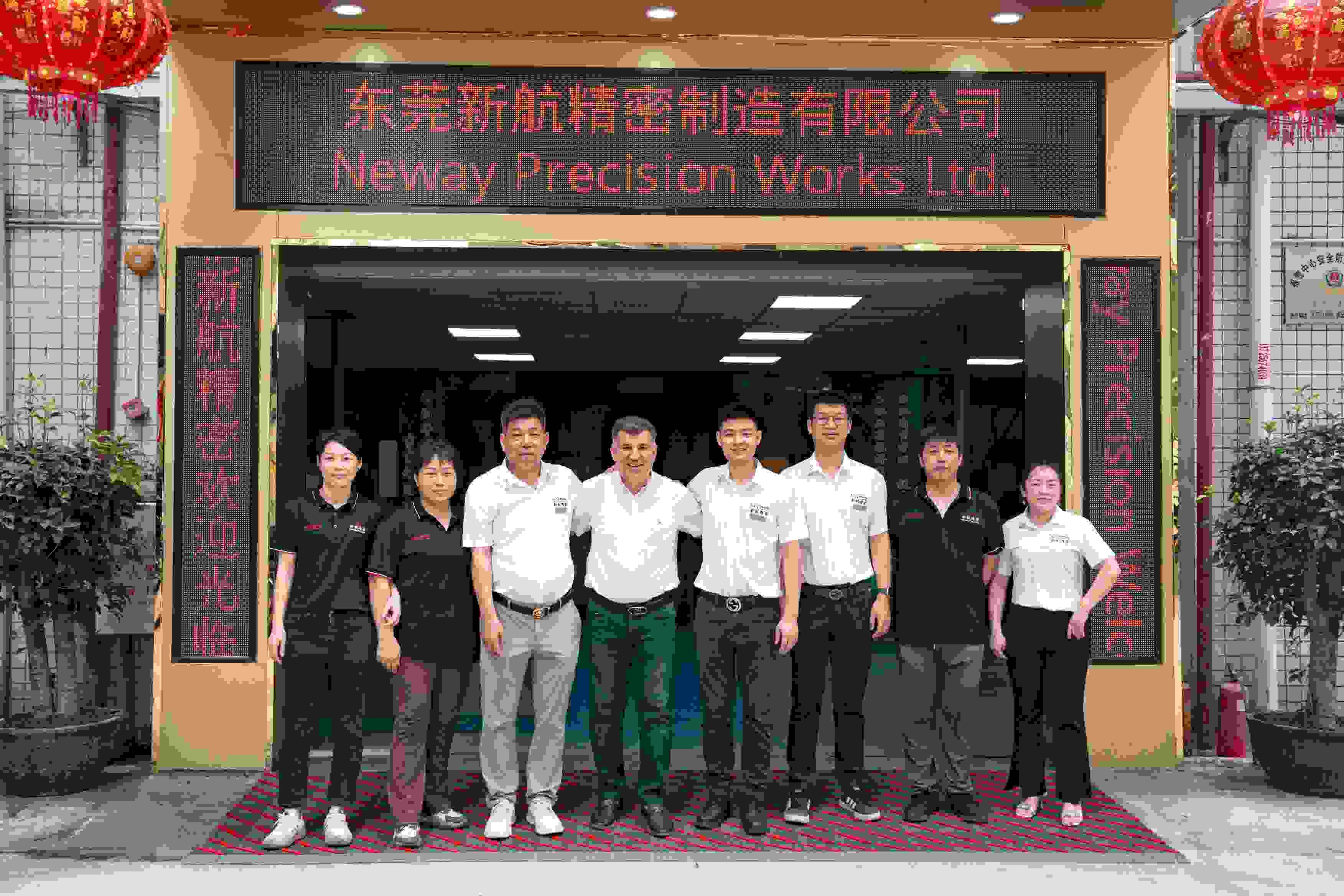Bosch Power Tools Custom Hardware and Accessories Metal Casting and Assembling
Bosch, a global leader in power tools, requires mechanical components engineered for extreme durability, high precision, and scalable production. Neway Die Casting delivers fully customized metal casting and mechanical assembly services tailored to Bosch’s specifications, ensuring consistent performance across demanding applications.
By combining high-pressure aluminum die casting, zinc alloy processing, and tight-tolerance CNC post-machining, we deliver components with structural integrity, dimensional accuracy, and superior surface quality. The result: optimized components that withstand repetitive mechanical loads and environmental stresses in Bosch’s industrial-grade tools.
Precision Metal Casting for High-Stress Tool Components
Power tools are subject to continuous torsional loads, drop shocks, and abrasive use. To meet these challenges, components are manufactured using high-pressure die casting (HPDC) technology with alloys such as A380 aluminum and Zamak 3, ensuring parts meet both structural and dimensional requirements.
Casting performance data:
Wall thickness control: ±0.1 mm
Porosity level: <1% (validated by X-ray inspection)
Tensile strength (A380): up to 310 MPa
Elongation at break (Zamak 3): 7–10%
Die life expectancy: 80,000–120,000 shots (H13 die steel)
Critical parts such as gear casings, brackets, and mounting frames are manufactured using optimized gating and venting systems to eliminate flow defects and gas entrapment.
Learn more about our aluminum die casting services and how process parameters are tailored to part geometry and alloy behavior.
Advanced Material Selection for Performance and Cost Balance
The right material balances weight, conductivity, and mechanical strength. Casting alloys are chosen based on compliance with ISO 8062-3 CT6–CT7 dimensional tolerances and mechanical benchmarks.
Material | Type | Yield Strength | Thermal Conductivity | Applications |
|---|---|---|---|---|
A380 Aluminum | Cast | 160 MPa | 96 W/m·K | Motor housings, support brackets |
Zamak 3 | Cast | 210 MPa | 113 W/m·K | Switch casings, mounting fixtures |
Brass 360 | Cast | 255 MPa | 109 W/m·K | Adjustment knobs, handles |
C18200 Copper | Cast | 414 MPa | 320 W/m·K | Internal conductors, contact plates |
Alloy selection is supported by metallurgical analysis and solidification modeling, reducing the risk of shrinkage cavities or hot spots. For high-conductivity applications, copper alloy casting plays a vital role in current-handling performance.
Tight-Tolerance Post Machining with Certified Accuracy
Post-processing is carried out using CNC machining centers with closed-loop feedback systems to ensure part interchangeability and assembly compatibility. Achieved performance metrics include:
Dimensional tolerance: ±0.02 mm (per ISO 2768-f)
Surface roughness: Ra 1.6 µm or better
Coaxiality and perpendicularity: ≤0.05 mm
Operations include drilling, thread forming, and pocket milling, especially critical for bearing seats, mounting holes, and connector interfaces. Inspection is performed via 3D coordinate measurement machine (CMM) to validate GD&T requirements.
Explore post-machining services that ensure accuracy from cast to finished part.
Surface Treatments for Functional Enhancement
Functional finishes are applied to meet both performance and branding requirements. Surface engineering capabilities include:
Powder coating: >1,000-hour salt spray resistance (ASTM B117)
Anodizing: Hardness up to 400 HV, dielectric strength >1500 V
Tumbling: Ra reduction by 30–50% for ergonomic finish
These treatments improve product longevity in humid, dusty, or corrosive conditions. Options for custom coloring and laser marking ensure compliance with brand identity standards.
Integrated Assembly for Production-Ready Components
Full mechanical assembly is provided under ISO 9001 and IATF 16949 to reduce downstream operations and optimize logistics. Assembly operations include:
Torque-controlled fastening (±5%)
Press-fitting of dowel pins and bearings
Visual and tactile checks
Functional testing (e.g., smooth actuation, load performance)
Modules are packed in ESD-safe trays or custom kits for direct line-side delivery. See how assembly services enable turnkey hardware delivery.
Mass Production Scalability and Quality Assurance
High-volume schedules are supported using automated casting cells, multi-cavity dies, and SPC-monitored production. Quality assurance measures include:
First Article Inspection (FAI)
Batch-level metallography
Die maintenance every 10,000 cycles
100% inspection for critical functions
Mass production systems ensure consistent quality at volumes over 200,000 units/month, meeting Cpk ≥ 1.33 for key dimensions.
FAQs
What tolerances and surface finishes are standard for machined casting components?
Which alloy properties are most critical for high-impact tool components?
What dimensional consistency can be achieved in large-scale casting production?
What types of functional testing are recommended before power tool integration?
Are there standard surface coatings for corrosion and wear protection in tool housings?
